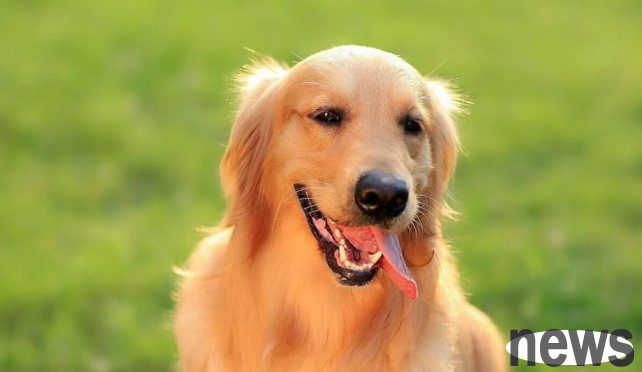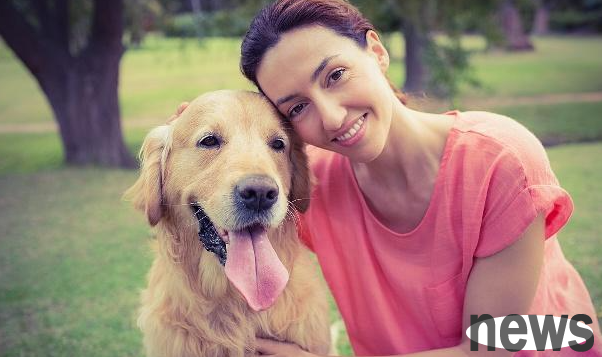Puppy vomits foods due to physiological vomiting, eating too fast, indigestion, enteritis and other causes. If it is not accompanied by other discomfort symptoms, it is a normal situation and generally will not affect your health. The owner does not...
Puppy vomits foods due to physiological vomiting, eating too fast, indigestion, enteritis and other causes. If it is not accompanied by other discomfort symptoms, it is a normal situation and generally will not affect your health. The owner does not have to worry too much. If it is also accompanied by symptoms such as abdominal distension, loss of appetite, and mental depression, it is recommended that the owner take the puppy to the hospital for examination in time to avoid delaying the condition and aggravating the symptoms.

1. Physiological vomiting
If the puppy eats too much, it may spit out the food that cannot be digested in the future and then eat it back. This is physiological vomiting, and the owner does not have to worry too much. If this happens, the amount of feeding of the puppy should be controlled to effectively relieve the symptoms.
2. Eat too fast
When the puppy eats too fast, a large amount of food will pour into the gastrointestinal tract, causing physical discomfort, resulting in symptoms such as vomiting and dysphagia. It is recommended that the owner control the speed of the puppy eating food and feed it with easy-to-digest food, such as nutritional cream, milk cake-type dog food, etc., which is of some help in relieving symptoms.
3. Indigestion
Consider that puppies eat a lot of food that is difficult to digest, which may increase the burden on the gastrointestinal tract, leading to gastrointestinal dysfunction, abdominal distension, diarrhea, etc. If this happens, you should take the puppy to the hospital for examination in time and make standardized and effective treatment based on the examination results.

4. Enteritis
The puppy vomits food may also be caused by infection with canine parvovirus or parasites, and may experience symptoms such as high fever, drooling, and spasms. If this situation occurs, the puppy should be taken to the hospital for treatment in time and treated with intravenous anti-inflammatory drugs, oral anti-diarrhea drugs, etc. under the guidance of a doctor. During this period, the puppy's diet should be adjusted and the eating of raw and cold foods should be avoided, such as iced watermelon, raw meat, etc., which will be of some help in the recovery of the disease.